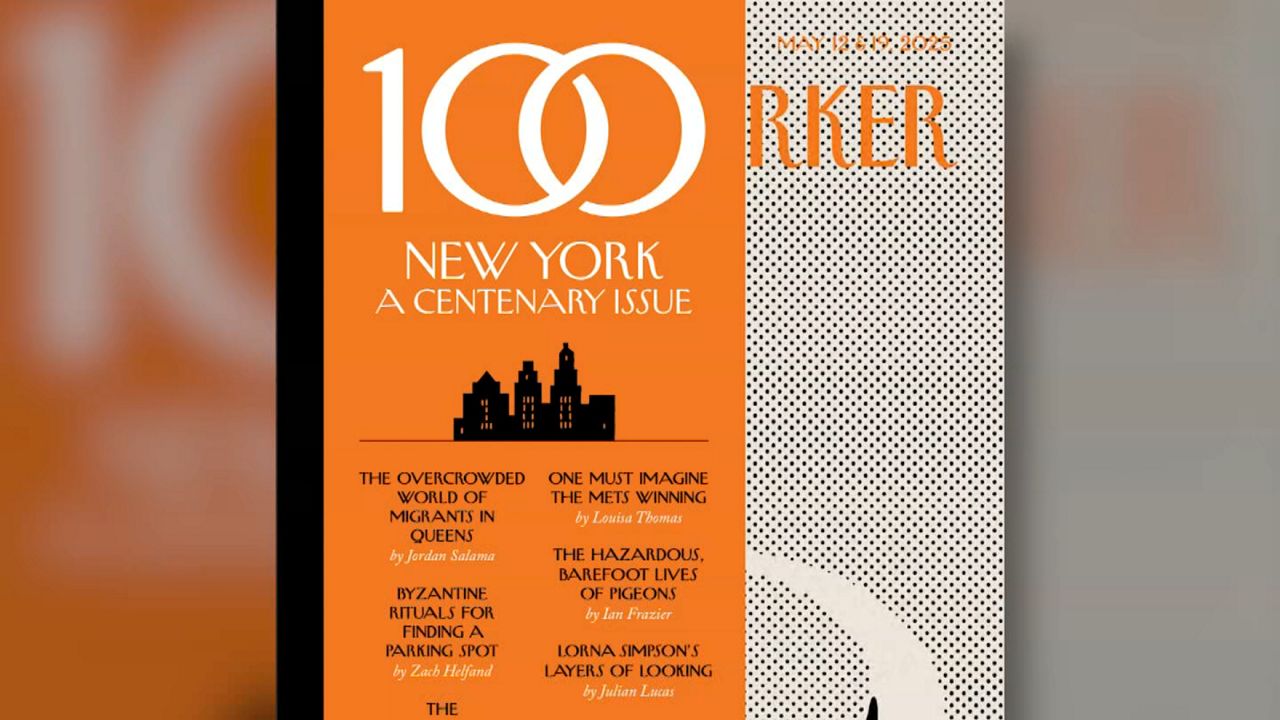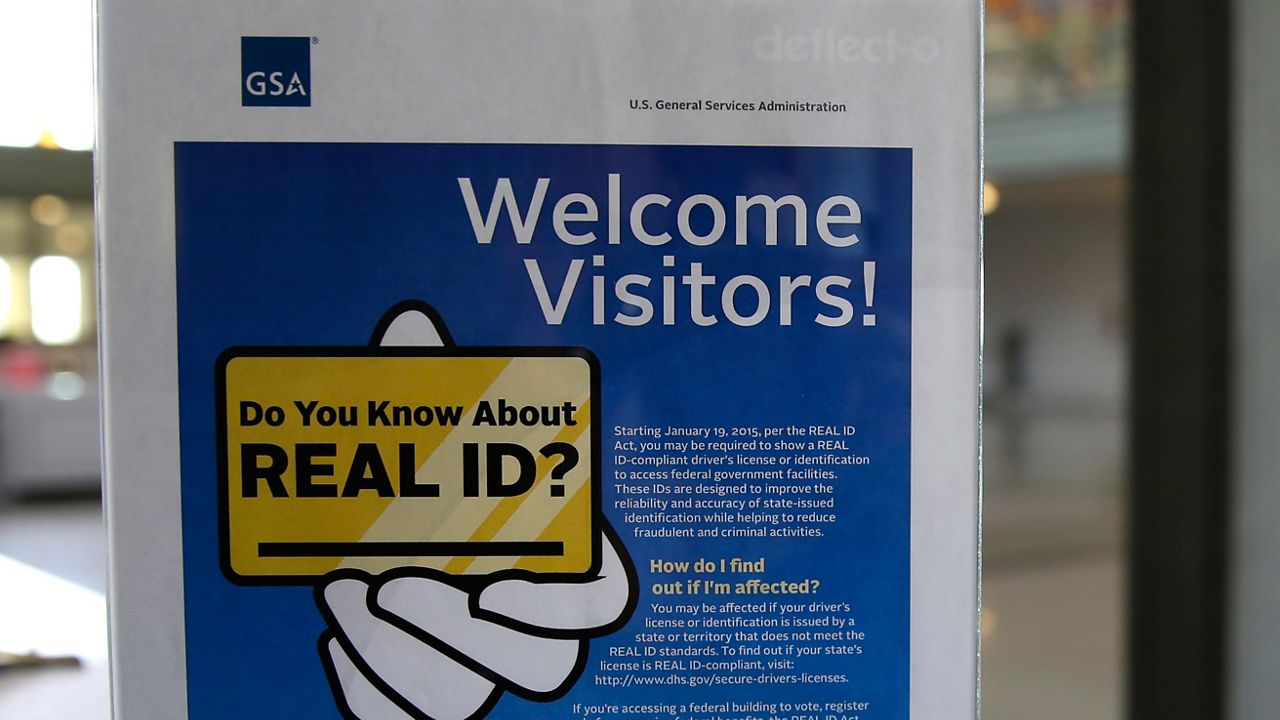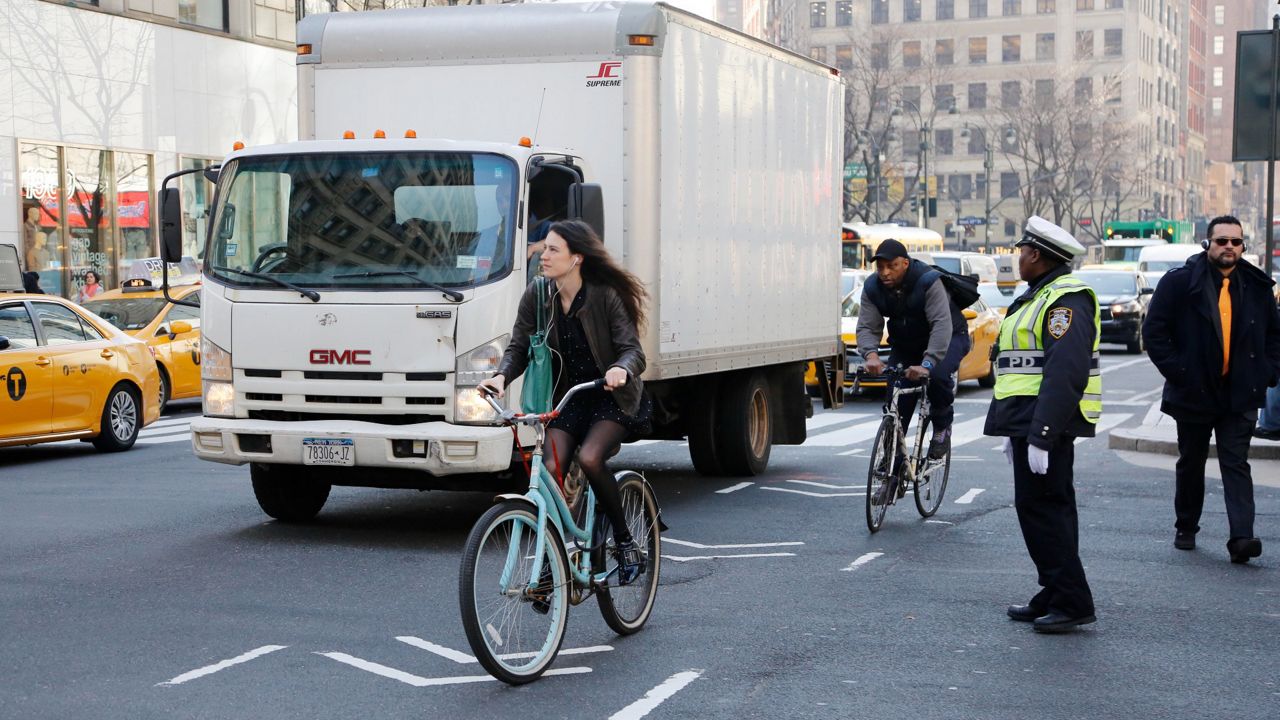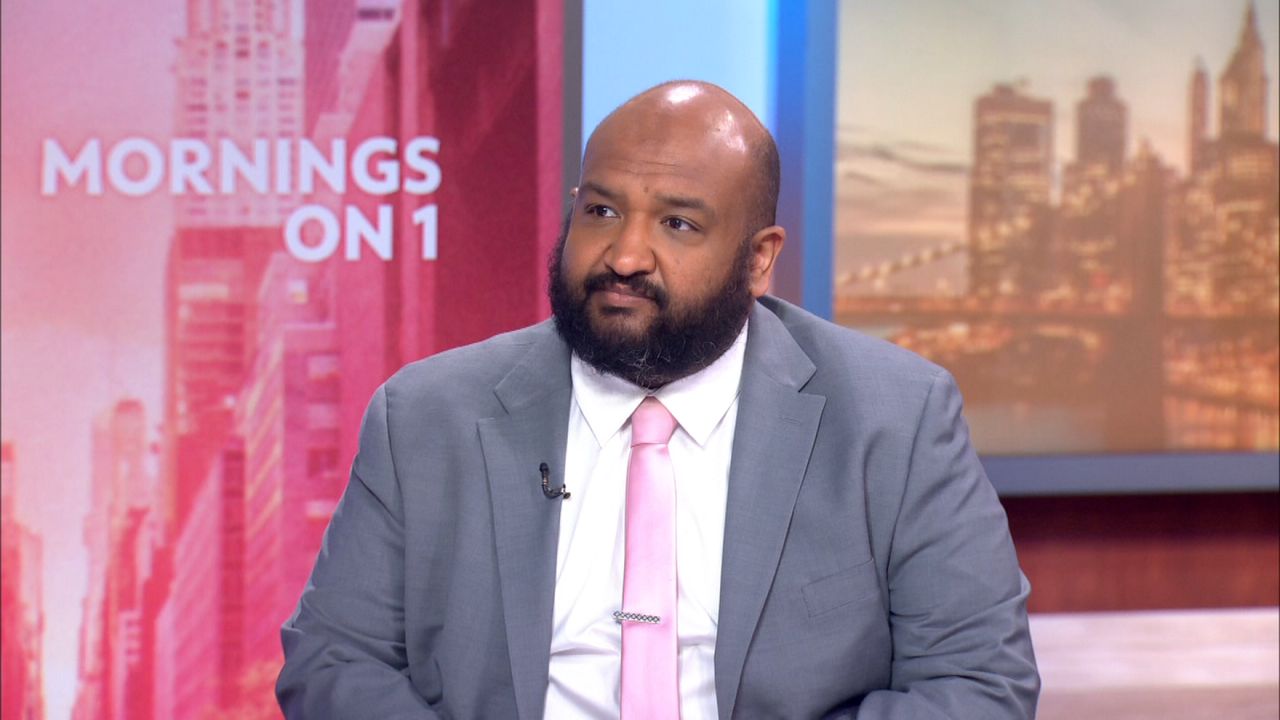A growing number of immigrants in New York City — including those with legal status — say they are living in fear amid the Trump administration’s immigration crackdown, according to reporting by Documented.
From asylum seekers to green card holders, individuals who have long called the U.S. home are now changing daily habits out of concern they could be swept up in the enforcement efforts, said Ethar El-Katatney, editor-in-chief of Documented during an interview on “Mornings On 1” Wednesday.
Documented is a nonprofit news site dedicated to reporting on immigration policy.
“We really have been seeing a huge uptick in fear,” El-Katatney said. “People have been afraid to go pick up their kids from school. They've been afraid to go to sensitive locations, churches, mosques, going to the DMV. They are changing behaviors out of fear of being caught up without due process, even if they have no criminal record.”
That fear intensified following a recent case in the Bronx, where 19-year-old Merwil Gutiérrez was detained by ICE agents and deported to a prison in El Salvador — a country he had never visited. His family says he has no criminal history and had come to the country legally as an asylum seeker from Venezuela.
El-Kataney said the case is an example of “collateral arrests,” where ICE agents are allegedly detaining individuals who are not targets of an investigation.
“His cousin, who watched the arrest from the window, said that he saw an ICE agent say, 'Oh, that's not the one,' and the other one responded, ‘Take him anyway,’” she said. “He has legal representation, but as of today, his family still doesn't quite know where to go from here. And it is unclear.”
El-Kataney said, as journalists, they are taking necessary precautions, but there is too much uncertainty to say for sure if they themselves are safe.
“I don't think anyone can actually predict what's happening, whether you are undocumented or on visas. We've seen hundreds of students now have their visas revoked, with high profile green card holders who are at risk. So really, what we can do with this situation is report, outline clearly what the law does and doesn’t say, and where that's kind of still being fluid,” she said.






__572025_55500_AM_134144985_254339)


